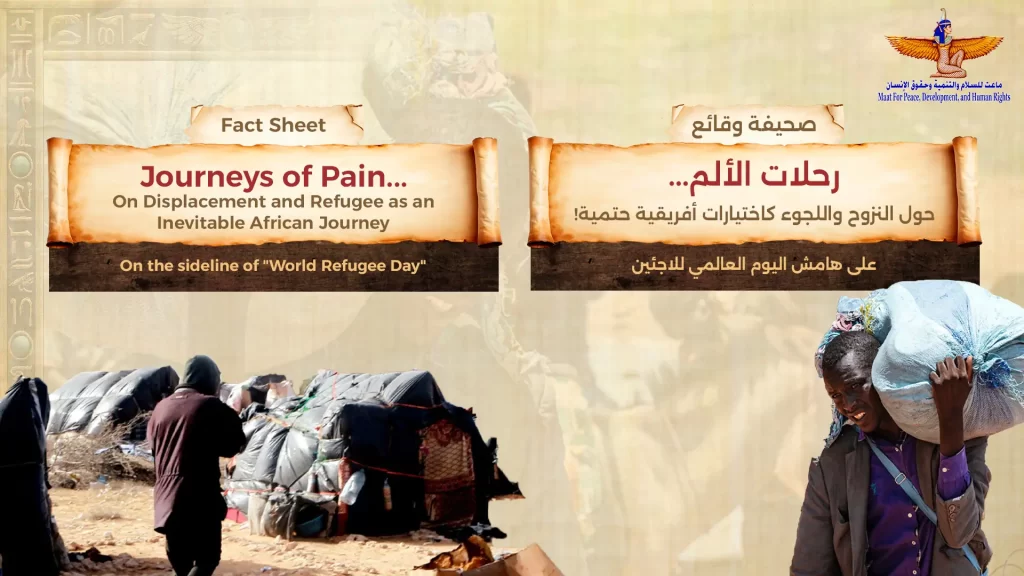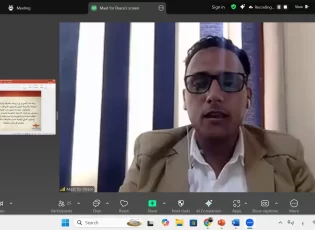Introduction
The Turkish state is taking advantage of the state of chaos in the region to attack neighboring countries that are witnessing internal conflicts, as many indications show that Turkey intends to continue its expansion in the region, and that this expansion has become part of its political and strategic doctrine to consolidate regional influence, under the government of the Justice and Development Party, led by Recep Tayyip Erdogan.
The Turkish state, through the "new Ottoman" project and strategy, is interfering in many Arab countries, by supporting parties, militias and outlaw regimes, with the aim of sowing chaos and undermining the sovereignty of those countries and dividing homelands. Those who follow the Turkish military and economic interventions in the region will discover a Turkish presence and expansion in Syria, Lebanon, Libya, Yemen, Somalia and Qatar, which results in many human rights violations.
In late August 2020, the former Turkish parliamentarian for the ruling "Justice and Development" party, Metin Jalonk, published a map of "Greater Turkey", dating back to the Seljuk era, and comprising large areas of northern Greece and the eastern Aegean islands, half of Bulgaria, Cyprus, and Armenia in As a whole, large areas of Georgia, Iraq and Syria. In the recent period, Turkey has witnessed an escalation in the talk about the so-called “blue homeland”, a project that the Turkish army and Defense Minister Hulusi Akar have repeatedly talked about, based on Turkey imposing its control in the seas surrounding it (the eastern Mediterranean, the Aegean and the Black Sea).
The past few years have witnessed Turkey launching three military incursions into Syria, sending supplies and fighters to Libya, deploying its naval forces in the eastern Mediterranean to confirm its claims about its rights in the region, expanding its military operations against the PKK militants in northern Iraq, and sending military reinforcements to another The strongholds of the Syrian opposition in Idlib, and finally, it provided military aid and Syrian mercenary elements to support Azerbaijan in its war against Armenia to regain the Nagorno Karabakh region. Today, Turkey has a direct military presence in Qatar, Somalia and Afghanistan, and peace-keeping forces in the Balkans, and its global military presence is at present the largest since the days of the Ottoman Empire.
The foreign military interventions are one of the most important Turkish tools for drawing these policies, which resulted in a number of human rights violations as a result of air strikes that targeted civilians in addition to the destruction of residential infrastructure and service buildings, not to mention the use of internationally prohibited weapons and their impact on civilians.
In this context, the Turkish government has launched many military operations outside its territory, especially in northeastern Syria, to achieve political, military and economic goals, in violation of many international legal treaties and treaties that stipulate non-interference in the internal affairs of countries, including declaring the impermissibility of interference in all its forms. In the internal affairs of states, which was adopted in accordance with United Nations General Assembly Resolution No. 36/103, and Article Two, Paragraph 7 of the United Nations Charter, which provides for non-interference in state affairs of any kind, and then this paper sheds light on the related human rights violations. The Turkish military operations carried out by the Turkish government in northeastern Syria in recent years, focusing on targeting civilians and infrastructure in northern Syria, with the clarification of the humanitarian effects resulting from these military interventions, which illustrate the suffering of civilians in northeastern Syria.

shortlink: https://maatpeace.org/en/?p=29058











